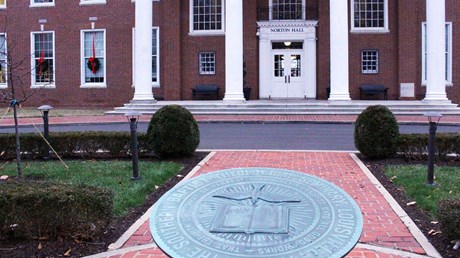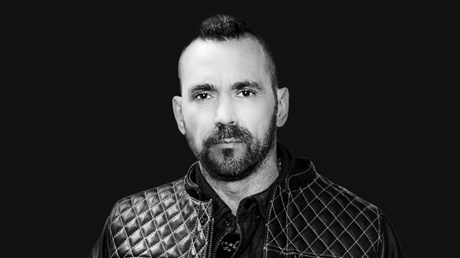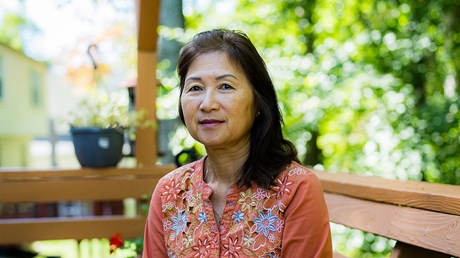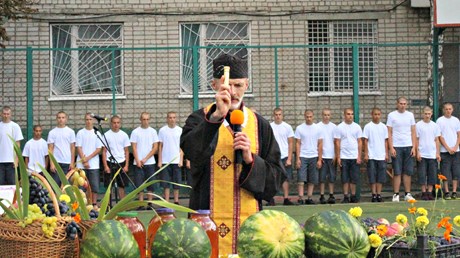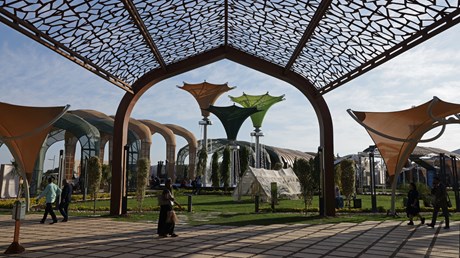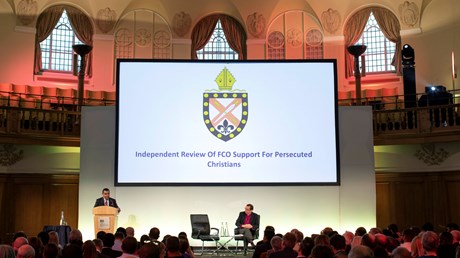Chinese church leaders hold differing views on political participation but stress the need for prayer and evangelism

During the unexpected protests in China last weekend, a student approached Zhu Jianshe with concerns that a classmate who had posted a protest slogan on campus would be severely punished. Zhu, a professor at a university in Shanghai and a church elder, comforted her and vowed to do his best to protect the student.
“I have been preparing in my mind for the past two days that I may have to sacrifice something to protect the students if the situation calls for it,” said Zhu. (CT has changed all of the names in this article for their security)
As demonstrations in several cities around the country have made international news, Zhu has been thinking through how Christians can engage with the current moment. One area where he knows he can help: using his position to help those unable to speak for themselves.
It’s a question Christians in China are now grappling with as the country experienced the largest protests in 33 years since Tiananmen Square. While typically the Chinese government quashes any nascent movement, a deadly fire in an Urumqi apartment building led to a national outpouring of frustration over China’s “Zero Covid” policy. In major cities like Shanghai, Beijing, and Chengdu, hundreds of people took to the streets. At times, calls expanded to freedom of speech and even an end to Chinese leader Xi Jinping’s rule.
Christians in Chinese house churches have long faced government persecution but historically tended to stay away from politics, focusing on shepherding believers and evangelism. Yet especially among the urban house churches influenced by Reformed theology, this attitude is changing.
This past weekend, members of a banned house church in Chengdu held up paper signs scrawled ...
from Christianity Today Magazine https://ift.tt/EhTSaMX



